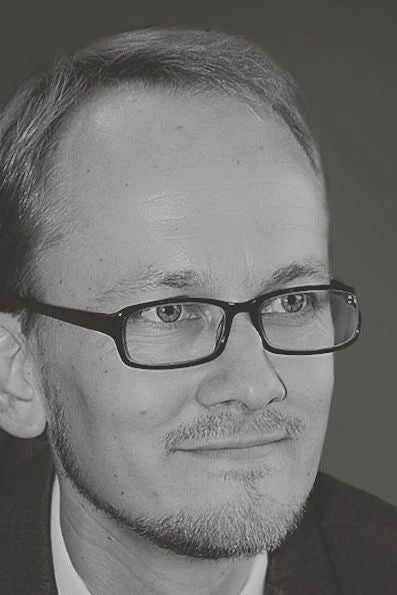In secondary school he excelled at mathematics and other science subjects, but as a student Erik decided to go in a completely different direction. “I realized that I really didn’t like maths, even though I was really good at it. To me people were a lot more interesting, because where the results of formulas are fixed, people are complex and unpredictable.”
He decided to study cultural anthropology at VU Amsterdam and now works for the international aid organization Caritas. As a field researcher and pedagogical specialist, he has spent the last few years teaching refugees in Lebanon.
“One out of three people living in Lebanon is a refugee and most are from Syria”, explains Erik from somewhere in South Lebanon during a poor-quality Skype call. “For the kids, good education is incredibly important. I talk to them and their parents and try and get a handle on their situation so we can provide suitable education.”
Working out to alleviate stress
Because he’s an anthropologist, Erik works based on the children’s point of view. “I research their home situation and try and find answers to questions such as: why do some parents choose not to send their children to school? What role do stress and war trauma play? Focusing on the inner world of the child is just as important as a solid curriculum.”
To literally help the children shake off their traumas and stress, Caritas does loads with sports and games. Sending children home with a stack of books in their bags is not enough. “The education has to align with their level of understanding and experience. A child who has fled from a war-torn country has different needs than a child raised in the Netherlands.”
In addition to war traumas, access to and quality of local education is often mediocre at best. Not to mention the complex political situation in Lebanon and neighbouring countries.
“My studies have prepared me well to deal with all this complexity”, explains Erik. “Anthropology teaches you that things are often more complicated than they seem and that you cannot control everything. You also learn to be flexible and critical.”
Used to complexity
Since 2018, Erik has been working at the Caritas Austria head offices in Vienna, as manager of the teaching programme in Lebanon and Jordan. He is also exploring the options for a new teaching programme in Aleppo in Syria and is negotiating with politicians and donors.
“Something entirely different than fieldwork, but I am able to use my insights from the daily practice at this management level. I am able to stir up critical discussions and try to introduce an anthropological perspective into our programmes. Policy based on empirical research should align with what refugee children need.”
